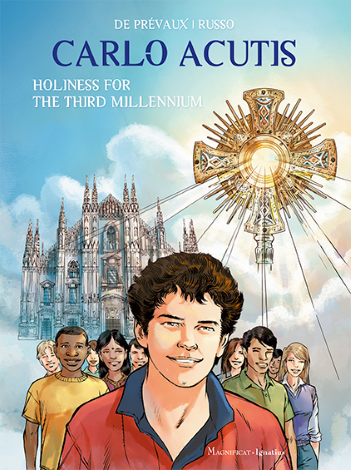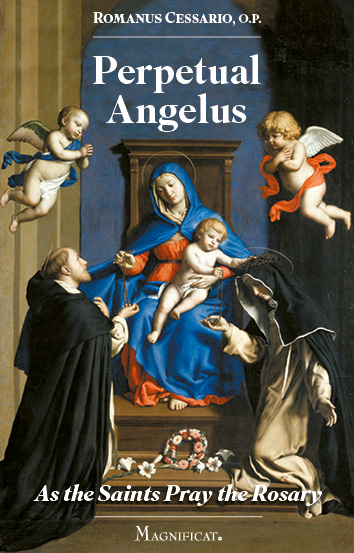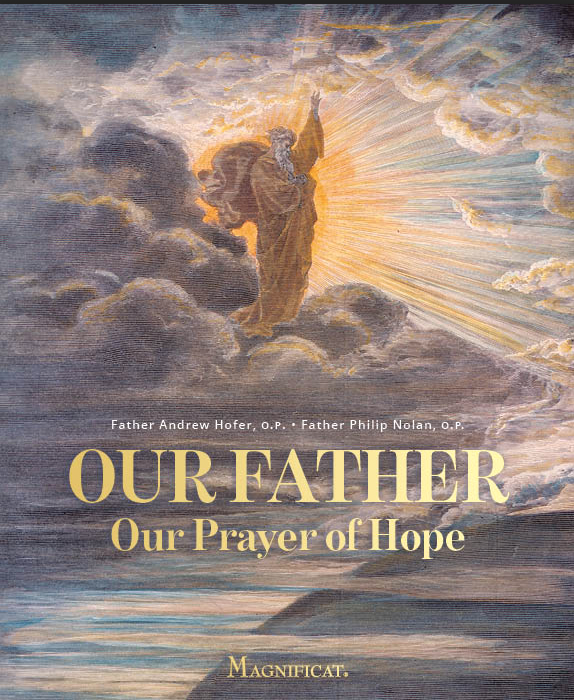Few persons in history have been better suited for the task that fell to them than Paul of Tarsus. Education, life experience, family tradition, cultural background, not to mention God’s grace, all conspired to make of Paul the man of the hour.
Preeminent among the influences that made an impact on Paul was the Jewish religion which his family professed. His home-name was Sha’ul; (Saul), after the Old Testament figure famous as a member of the tribe of Benjamin and first king of Israel. Paul’s Jewish faith was not a veneer but was deep-going. Time and again he insisted on his Jewishness. “Are they Hebrews? So am I. Israelites? So am I. Abraham’s descendants? So am I” (2 Cor 11:22). In Galatians he writes “You have heard what my manner of life was when I was still a practicing Jew…and how in the practice of our national religion I outstripped most of my Jewish contemporaries by my boundless devotion to the traditions of my ancestors” (Gal 1:13-14). “I am a Pharisee, born and bred” (Acts 23:6). “Circumcised on the eighth day of my life. I was born of the race of Israel, of the tribe of Benjamin, a Hebrew born of Hebrew parents. In the manner of the Law, I was a Pharisee” (Phil 3:5). Further, it seems probable that Paul prepared to be a rabbi. Clearly Judaism made its mark on Paul.
Paul’s early life situation would have been like that of thousands of other Jews living abroad in the larger Greco-Roman world. Hardly a town in the Near East was without its Jewish colony. The appeal of Judaism as a religious faith was strongly felt among a people that could no longer be convinced of the authenticity of the state religions. The Jewish synagogue served as a nucleus for the “God-fearers”—persons of pagan background who took on many of the beliefs and practices of their Hebrew compatriots. These persons found in Judaism the appeal of antiquity, the fiber of a national faith, and the attractiveness of a religion of heart and life.
Setting aside the Jewish factor in Paul’s upbringing, one must not underestimate the secular influences brought to bear on Paul in his formative years. He was the recipient of a respectable schooling in the Greek language and culture. He wrote Greek with ease and grace. Paul was able to quote Greek poetry and could effortlessly employ the philosophical rhetoric in vogue in his time.
The fact that his family was possessed of Roman citizenship suggests that they enjoyed some social standing in the community. The family’s openness to and involvement in the secular Greco-Roman culture finds expression in the choice of a Latin second name for their son, namely, “Paulus.”
The final component in the patchwork of influences brought to bear on Paul was of course Christianity. From his encounter on the road to Damascus, Paul received into his life and consciousness faith in Christ. This was to determine his life and work to a degree that any of the other influences that he was subjected to could hardly match. He poured his entire life and time to carrying the word of Christ to as many people as he could possibly reach.
The consequence of Paul’s exposure to these diverse influences, each of which played a part in creating Paul, the man and the apostle, was to qualify him admirably and in an extraordinary way to preach the Gospel. When he spoke in the synagogue, as he was accustomed to do, he could base his claims for Christ on the Jewish scriptures and on the Jewish life experience. When he spoke of Christ to pagans, he could make telling allusions to their culture and upbringing. In other words, Paul’s experience of so broad an array of influences brought to bear on his life, under God’s grace, guaranteed his success as a preacher and apostle.
©Magnificat July 1999










